calsfoundation@cals.org
Thida (Independence County)
Thida of Independence County is located about four miles from Oil Trough (Independence County), where Thida Road intersects with Departee Lane. Union Hill (Independence County) is three miles southwest of Thida, which was originally known as Liberty Hill.
As early as 1800, French frontiersmen were in the White River bottoms hunting bear and smaller game, including deer. The lucrative trade in bear oil proved to be an incentive for settlement. Pioneer Hardin Hulsey arrived in 1817, and others soon followed. One of the bear hunters, John Jenkins Wyatt, gained a larger-than-life reputation in Thida folklore. Wyatt would make a commotion to lure a bear out of its den and then lie down and let the bear run over him as it emerged from its lair. He would then stab it to death with his hunting knife.
Liberty Hill settlement paralleled the influx of pioneer farmers into the Oil Trough bottoms following the War of 1812. The land proved fertile for growing many crops, including corn that could be used for making liquor. Many who brought their families to the rich White River bottomland were given land claims by the federal government for services rendered in the war. Several of the veterans and their descendants forfeited their claims in the early 1840s for failure to pay taxes. Land speculator, politician, and railroad builder Roswell Beebe obtained quick claim rights for the real estate that had been forfeited in Liberty Hill. Beebe was the first president of the Cairo and Fulton Railroad. Although the railroad was never extended to Thida and Union Hill, Beebe had legal rights-of-way through the two communities. The railroad became part of the St. Louis, Iron Mountain and Southern Railroad Company.
By the 1900s, families who lived in Liberty Hill included McDougal, Burrow, Pollard, Chambliss, Pennington, Tarpley, Boatman, Davidson, Coffman, Caldwell, Fraser, and Shaw. These families helped build the community, which experienced an economic boom in the 1920s.
Thida was known as Liberty Hill until the post office opened in 1922. According to locals, J. W. Caldwell had crossed the Oil Trough ferry to do some trading in Newark (Independence County). While in Newark, he was impressed by the beauty of a friend’s baby, who was named Thyda Raye Rutledge. Caldwell had never heard the name Thyda before, and it stuck in his mind. Upon his return to Liberty Hill, a group of town leaders was debating what name to submit to the U.S. Postal Service (USPS) for the new post office. He suggested the name Thyda, and the others agreed. The USPS accepted the name but spelled it Thida. Roger A. (Rodge) Burrow was the first postmaster; he served in that capacity for nine years. Mail was delivered from Thida to Bradford daily by horse or mule; a few humorously labeled it the “jackass mail.” Rae Stewart was appointed postmaster in 1947, and she served for thirty-seven years.
During its heyday from 1922 until the 1950s, Thida had several businesses, including a grist mill and sawmill, a honey factory, a sorghum enterprise (owned by Cleve Smith, who also owned the grist mill), a button factory (until the demand for mussel shells declined around 1950), a service station, and three stores.
Two rival merchants of the town, Elmer Pennington and Victor (Vic) Tate—whose wife, Ethel Tate, was postmaster of Thida at the time—became embroiled in a feud. Vic Tate approached the Pennington store on May 7, 1941, carrying a loaded shotgun and wearing a hunting vest. Pennington, who was sitting on the porch with a customer, ducked inside and grabbed a revolver. During the shootout, Tate was killed. Evidence and eyewitnesses convinced the coroner’s jury that the murder was “justifiable homicide.”
The Burrow School once served the educational needs of Liberty Hill. The original school, built in 1905, was destroyed by either fire or a storm but was rebuilt. The second school was also destroyed. The third building, built in 1933, still stands in the twenty-first century and was placed on the National Register of Historic Places on September 4, 1992. The school consolidated with Oil Trough School District No. 100 in 1939; it was named Thida Grove School. In 1990, Oil Trough High School consolidated with Newark; the elementary school soon followed suit. In July 2004, a major consolidation occurred when a new school with three campuses—Cord-Charlotte, Newark, and Oil Trough—was created, called the Cedar Ridge School District.
Today, most citizens of Thida and the surrounding area shop and work in Batesville, Newport (Jackson County), and Searcy (White County), although some still make a living from the logging industry. Others farm or raise cattle, chickens, or goats.
For additional information:
Cook, Weaver Bruce. “Emperor without an Empire: The Story of Roswell Beebe and the Cairo and Fulton Railroad.” Pulaski County Historical Review 33 (Fall 1985): 50–62.
McGinnis, A. C. “Farming in Oil Trough, 1904–1960.” Independence County Chronicle 13 (July 1972): 27–39.
———. “A History of Independence County, Ark.” Special issue. Independence County Chronicle 17 (April 1976).
Whetstone, Pete. “Bear Hunting in 1837.” Independence County Chronicle 2 (January 1961): 2–4.
Wyatt, Ralph H. “The Bear Hunter.” Independence County Chronicle 4 (October 1962): 31–33.
Kenneth Rorie
Van Buren, Arkansas
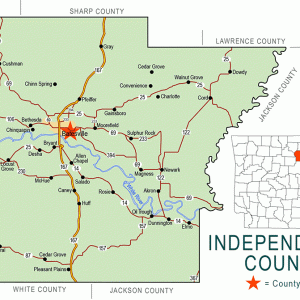 Independence County Map
Independence County Map 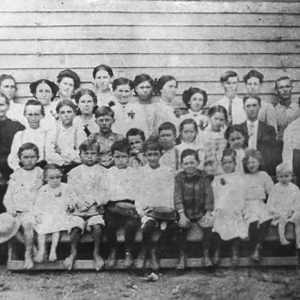 Shadden Springs School
Shadden Springs School 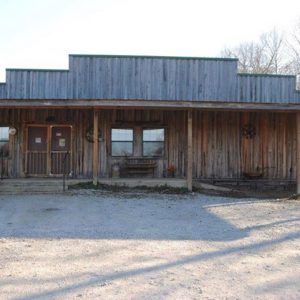 Thida General Store and Cafe
Thida General Store and Cafe 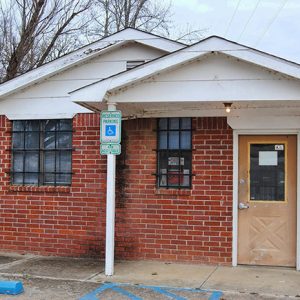 Thida Post Office
Thida Post Office 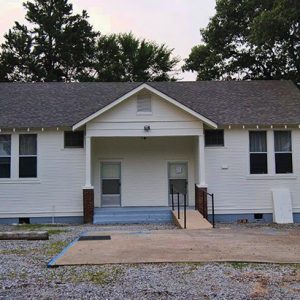 Thida School
Thida School 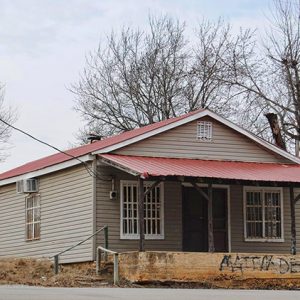 Thida Store
Thida Store 



Comments
No comments on this entry yet.